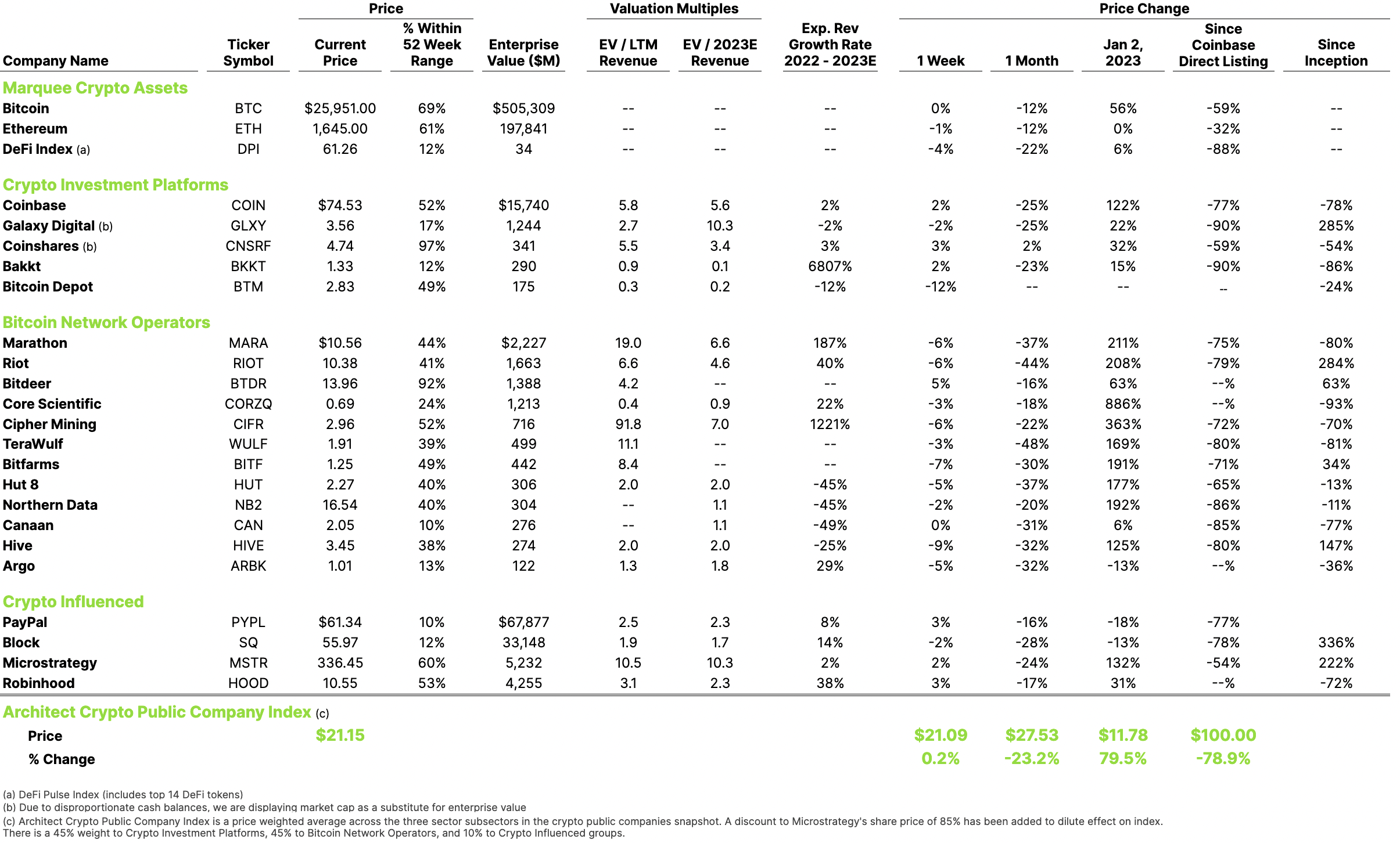It is hard to avoid headlines about the crypto winter, the saga of SBF’s current abode and internet access, and who wants to sell who’s stolen crypto to whom. But the real story is developing beneath the headlines, and perhaps more quickly than anticipated.
For example, Citi released its third annual financial markets infrastructure whitepaper, listing digital assets and DLT adoption as one of three critical themes. Their market survey that found three-quarters of the FMI industry are actively engaged in DLT/digital asset initiatives, and 79% view tokenization as the defining growth story in digital finance. Those are big numbers, among big institutions that provide the foundation of global financial and capital markets.
And three recent announcements highlight brewing competition in one of our favorite use cases – payments. Last Thursday, Mastercard heralded a new working group to explore the implementation of CBDC’s into the global payments. The “CBDC Partner Program” – which includes Ripple, Consensys, Fluency, Giesecke+Devrient and Fireblocks – will focus on complex often controversial issues facing CBDC deployment such as the inherent tension between privacy and transparency, technological security, and the challenge of user adoption amid skepticism about central control.
And the field of private digital payment options is increasingly crowded. On Monday, Coinbase announced a strategic minority investment in Circle (details not disclosed) and the dissolution of the pair’s Centre Consortium that has managed the issuance and governance of USDC stablecoin to date. Circle will now bring issuance and governance fully in-house and seek to add six additional blockchains to support USDC in an effort to enhance the interoperability of the world’s second-leading stablecoin.
Then Wednesday, SolanaPay’s integration with Shopify hit the tape, bringing Solana’s zero-fee and nearly-instant digital payment tool to Shopify’s vast global network of online merchants, starting with USDC and expanding to include other crypto assets. This of course is in the wake of last week’s PYUSD launch by the giant PayPal.
As with Citi’s report on financial market infrastructure, these strong moves by giants in global commerce (remember when we called it “e-commerce”?) portend potential seismic shifts in global finance and commerce built on blockchain-enabled tech. Surely these will prove more consequential than how frequently a certain household name gets to check his email.
